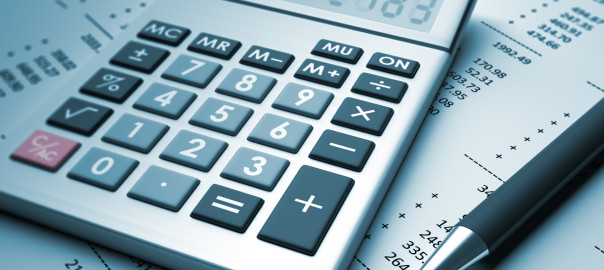True House Flipping Costs
By Paul Esajian on November 13, 2013
New investors get themselves into trouble when they do not know all of the costs associated with starting a project. All too often, green investors only account for acquisition costs and rehab costs. However, when they start plugging in the actual numbers, deals become less attractive. Mitigate risk by prepping accordingly. Before you get started with any deal, you need to know exactly what you are getting into and you need to know all of the real numbers you are working with.
The first piece of the puzzle includes your financing costs. If you pay cash for your deal or use secured lender financing, your costs won’t be as apparent. You will find that you are still paying monthly interest on a mortgage and have tied up your money until it can be sold. If you take private money financing, you are on the clock until the day you sell. You are most likely paying an interest rate anywhere between 10-15 percent. If it takes you six months from acquisition to sale, you are looking between $6000-$8000 in interest payments alone, which will be deducted from your profit at closing.
In addition to financing costs, there are actual rehab costs. Everything from materials to labor has to be accounted for. Unless you have experience, budgeting a rehab is best left in the hands of a professional contractor. It is not unheard of to be 10-20% off with your budget if you do not have up to date costs or time-frames. If you are not accurate with your budget and see that you are over, it may lead to cutting corners in areas that you should not. If the work suffers, you won’t be able to sell for top dollar and you will lose money on the back end.
Even if you and your realtor have the best relationship, they still have to get paid for selling your house. Even a discounted commission is at least 2% of the sales price. This money is deducted from your profits at the closing as well. You may consider selling the property yourself, but doing that will eat away at your time and most likely not get you top dollar for the property.
Carrying costs are perhaps the most forgotten aspect of flipping a house. They are necessary and sometimes very expensive to factor into your bottom line. They include your property taxes, insurance and utilities. You need to keep the lights and heat on while people are working on your property. The same applies to the insurance and taxes. While these are prorated, based on the time you own, they are none-the-less costs that must be accounted for.
Between finance costs, commissions, taxes, insurance and underestimates in rehab work, you may be looking at thousands of dollars in potential lost profits. If properly accounted for before you make an offer, it will impact the price and ultimately your bottom line. Before you make any offers, go over all of the potential costs and pitfalls with your realtor and investing community.